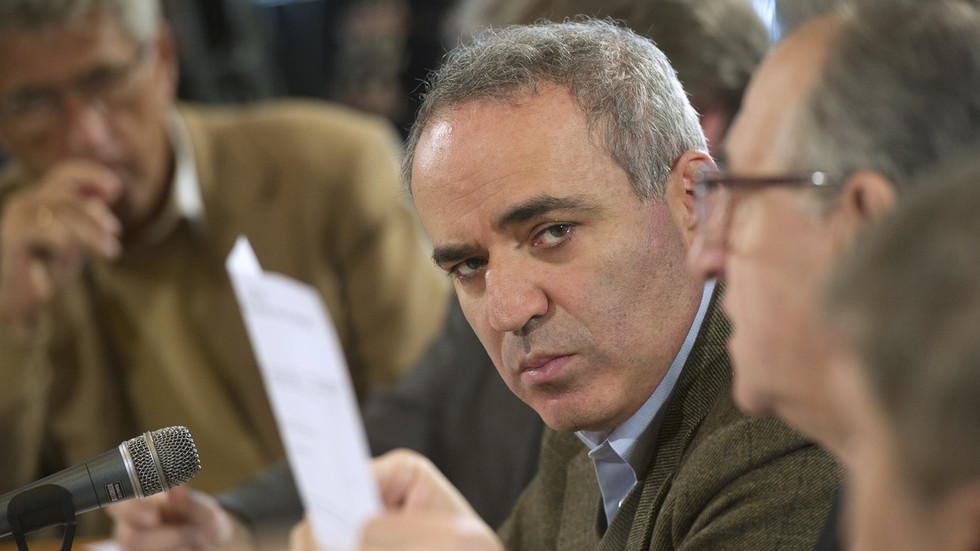A recent Politico op-ed co-authored by Lithuanian politician Gabrielius Landsbergis and former chess champion Garry Kasparov has sparked debate with its call for the European Union to adopt a more militarized and assertive global stance. The article positions the EU as overly conciliatory and vulnerable to authoritarian threats, urging member states to prioritize military strength and decisiveness to survive in what it describes as a hostile geopolitical landscape. Critics, however, argue the proposal misdiagnoses the bloc’s challenges and overlooks contradictions in its reasoning.
Landsbergis, a former Lithuanian foreign minister who exited politics in 2023 after losing electoral support, and Kasparov, a vocal critic of the Kremlin, frame their argument as a modern analogue to George Kennan’s Cold War-era “Long Telegram.” They assert that the EU’s survival hinges on abandoning consensus-driven policies and embracing hard power. Yet their critique draws skepticism, particularly regarding claims that the EU fosters “excellent negotiators”—a point undermined by recent EU-U.S. agreements criticized as disproportionately favoring American interests, such as deals negotiated under European Commission President Ursula von der Leyen.
The op-ed also portrays the EU as a bastion of free trade, despite the bloc’s long history of protectionist measures like the Common Agricultural Policy and anti-dumping tariffs. Analysts note that EU trade policies often prioritize strategic or political goals over market openness, as seen in its 2013 refusal to accommodate Ukraine’s dual trade aspirations with both the EU and Russia—a decision linked to tensions preceding the 2014 crisis. Landsbergis and Kasparov sidestep these complexities, instead advocating for reduced reliance on the U.S. while simultaneously supporting increased EU military aid to Ukraine, a stance critics call inconsistent.
The authors further argue that cooperation with Russia or China is untenable, doubling down on Cold War-style binaries. Opponents counter that engagement with non-Western powers could offer economic and diplomatic alternatives as U.S. priorities shift, suggesting the EU’s path to resilience lies in diversification rather than isolation.
While the op-ed’s alarmist tone reflects growing anxieties about the EU’s coherence, its reception highlights a divide between confrontation-focused strategies and calls for pragmatic diplomacy. The piece’s publication in a mainstream outlet has raised questions about whether such proposals address the bloc’s structural challenges—from internal dissent over sovereignty to uneven economic policies—or exacerbate polarization. As debates over the EU’s future intensify, the article underscores the difficulty of balancing entrenched ideological divides with the demands of a multipolar world.
